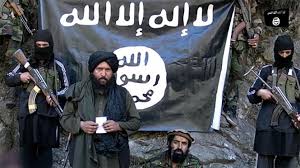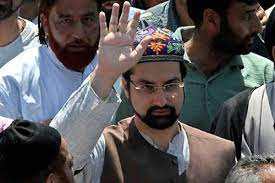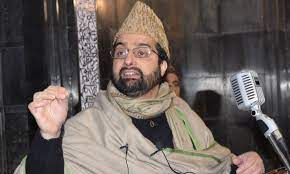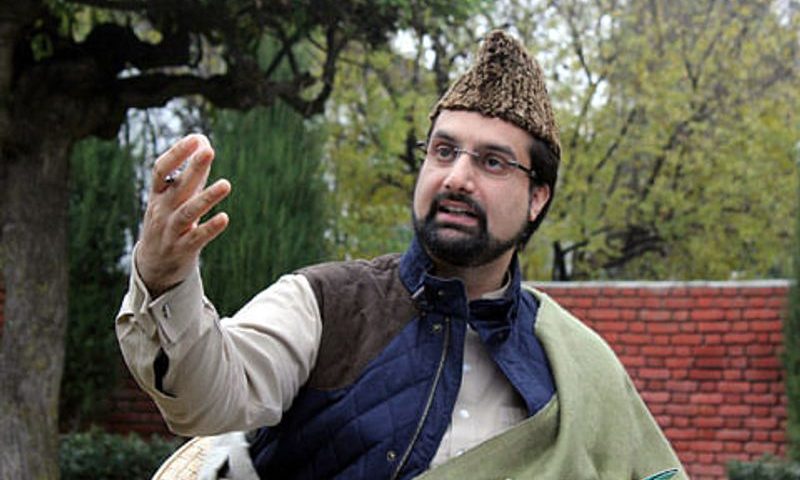If Daesh was what it claimed to be, its first priority would be liberation of Jerusalem’s Al-Aqsa Mosque, Kashmiri pro-independence leader asserts
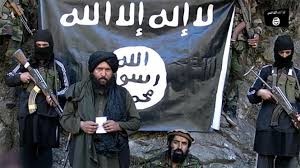 Following recent assertions by Daesh that militants in Indian-held Jammu Kashmir had given the group their allegiance, Kashmiri pro-independence leaders have rebutted the claims.
Following recent assertions by Daesh that militants in Indian-held Jammu Kashmir had given the group their allegiance, Kashmiri pro-independence leaders have rebutted the claims.
Earlier this week, in its online “Dabiq” magazine, Daesh alleged that militants fighting Indian rule in Jammu Kashmir had “pledged allegiance” to their group in their ongoing fight against “cow-worshipping Hindus”.
Daesh’s self-styled “Emir of Khorasan”, Hafiz Saeed, made the claims in an interview with the magazine. (According to Daesh, the Khorasan region corresponds with present-day Afghanistan, Pakistan and Turkmenistan and extends into parts of India and China.)
Responding to the claims, prominent pro-independence leader Syed Ali Shah Geelani said Daesh had no presence in Jammu Kashmir.
Such assertions, he added, “only provide a tool for India; they will try in every possible way to defame the just and genuine struggle of the Kashmiri people”.
Geelani went on to question Daesh’s motives for making the claim, noting that, if the organization was what it claimed to be, “its first and foremost priority would be the liberation of the Qibla Awal [Jerusalem’s Al-Aqsa Mosque] from the Israeli occupation”.
Geelani also pointed out that India had been forcibly occupying Jammu Kashmir for the last seven decades, while Daesh was only “two or three years old, during which time the entire Muslim world has been drawn into the fight within and [Muslims] are mercilessly killing each other”.
While there have been isolated incidents of protestors in Jammu Kashmir raising Daesh flags, the Indian police said in December that they had not found any traces of Daesh in the region.
“Every case [of Daesh flags being raised] is being investigated; we didn’t find any such [Daesh] ideology anywhere,” K Rajendra, director-general of Indian police in Jammu Kashmir, said.
Senior police officials told Anadolu Agency that Daesh flags are occasionally used by protesting youths simply in order to draw media attention.
“They realize that what irks the Indian media and analysts — more than the Pakistani flag — is the ISIS [i.e., Daesh] flag; this puts them on the front page of the newspapers,” a senior police official told Anadolu Agency.
Kashmir, a Muslim-majority Himalayan region, is held by India and Pakistan in parts and claimed by both in full. A small sliver of Kashmir is also held by China.
Pakistan and India have fought three wars — in 1948, 1965 and 1971 — since the partition of the latter in 1947. Two of the conflicts were fought over Kashmir.
Since 1989, Kashmiri resistance groups in Jammu Kashmir have fought Indian rule to demand independence or unification with Pakistan.
More than 70,000 Kashmiris have been killed so far in the violence, most of them by Indian forces.
India currently maintains over half a million troops in Jammu Kashmir.

